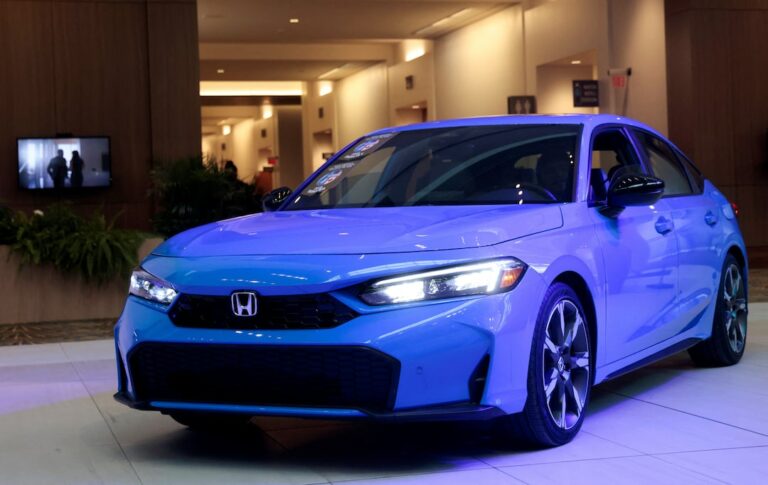Honda Motor has scaled back its investment in electric vehicles (EVs) due to slowing demand and is now focusing on hybrid models. The Japanese automaker has reduced its planned investment in electrification and software by 30% to 7 trillion yen ($48.4 billion) by 2030. Honda also lowered its target for EV sales to account for 20% of its total sales by 2030, down from a previous target of 30%.
Shift in Strategy
The company plans to launch 13 next-generation hybrid models globally between 2027 and 2031. Currently, Honda sells over a dozen hybrid models worldwide, with only three available in the U.S. market – the Civic, Accord, and CR-V. Honda aims to sell between 2.2 million and 2.3 million hybrid vehicles by 2030, significantly increasing from the 868,000 units sold last year.

Honda’s decision comes as other automakers, such as Nissan and Jaguar Land Rover, have also scaled back their EV investment plans. Despite this shift, Honda remains committed to its long-term goal of having all new car sales be either battery-powered or fuel-cell vehicles by 2040. The company’s strategy adjustment reflects the changing landscape in the automotive industry, with hybrids gaining popularity as governments ease emission rules and EV sales targets.



